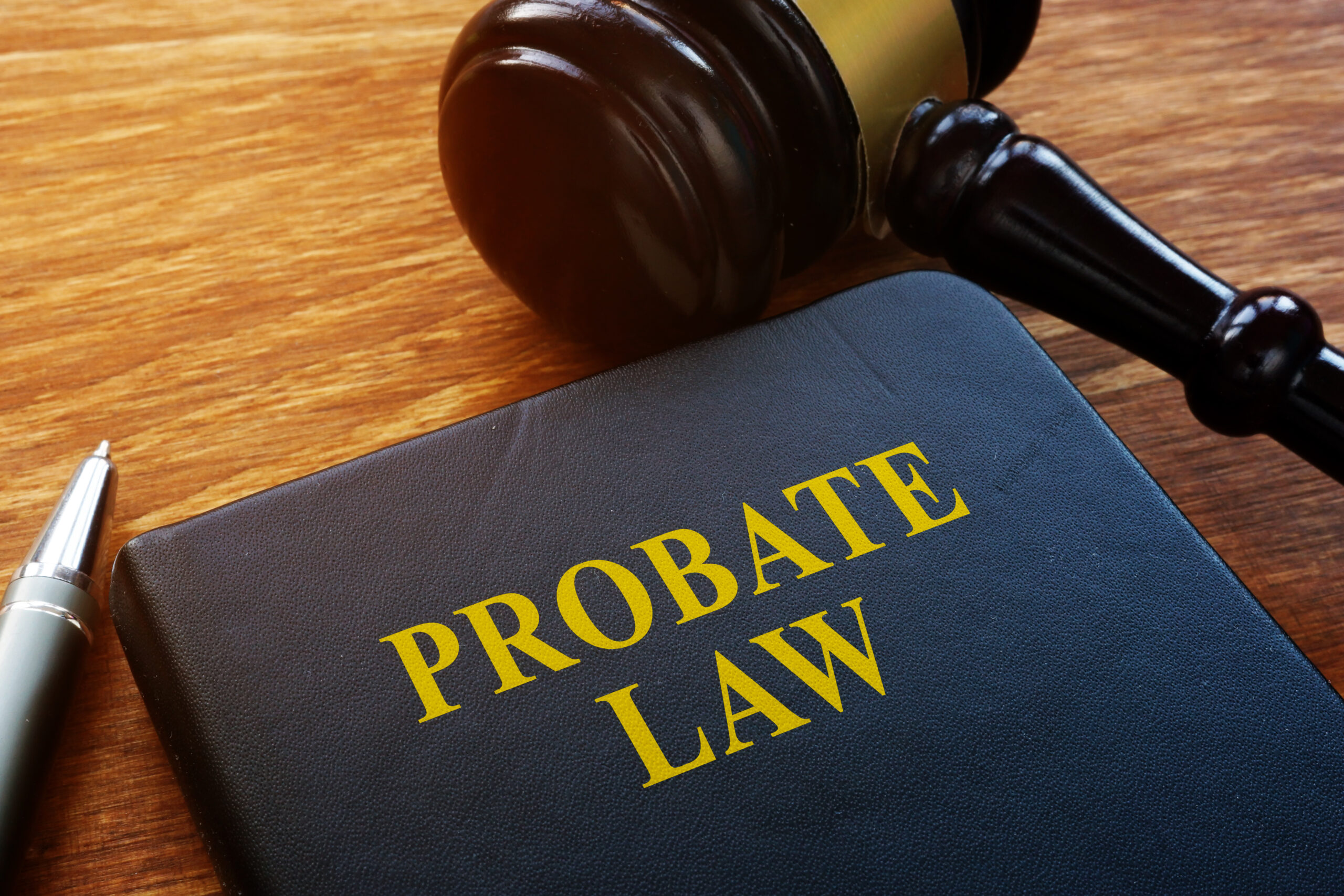Why Choose a Lawyer to Write Your Will
Making a will is one of the most important steps you can take to protect your family and ensure your wishes are carried out after your death. While DIY or online will-writing services may seem convenient, they may lack the safeguards needed to make your will valid and enforceable. A poorly drafted will can cause disputes, delays, and even costly litigation for your loved ones.
At PKWA Law, our wills lawyers have over 30 years of experience helping Singaporeans and Singapore residents prepare wills and plan their estates. We ensure your will is drafted correctly, comprehensive, and customised to your unique circumstances.
By choosing an experienced lawyer, you gain peace of mind that your will is valid, comprehensive, and tailored to your family’s unique circumstances.
As a regulated law practice under the Law Society of Singapore, we are bound by strict professional standards. We must act in your best interests, keep our legal knowledge current, and carry professional indemnity insurance – giving you added protection and assurance.
What is a Will?
A will (sometimes called a “last will and testament”) is a legal document that sets out how you wish your estate to be distributed after your death.
It covers everything you own – including money, property, possessions, and even pets – and ensures your assets are passed on to the people or organisations you choose.
A will is essential not only to provide financial security for your family, but also to give you control over how your assets are distributed. For example, you may wish to structure access to funds so that loved ones receive support responsibly, without the risk of spending everything at once.
A will also allows you to:
- Appoint an executor to carry out your wishes and manage your estate.
- Nominate a guardian to care for your children if they are still minors.
Requirements of a Valid Will in Singapore
For your will to be legally valid under the Wills Act (Cap. 352), these conditions must be met:
- The will must be in writing.
- You (the testator) must be at least 21 years old.
- You must sign the will at the end of the document.
- The signing must be witnessed by at least two witnesses, present at the same time, who also sign in your presence.
- Witnesses cannot be beneficiaries (or the spouses of beneficiaries). If they are, the will remains valid, but the gift to that witness is void.
Failing to meet these requirements could invalidate your will. In that case, your estate will be distributed under the Intestate Succession Act, not according to your wishes.
What Happens if a Will is Invalid?
You’ve spent your life building your assets to provide for your loved ones. The last thing you would want is for your estate to be distributed in a way that does not reflect your intentions.
This risk is especially significant if your family circumstances are complex, or if there are relatives you would prefer not to benefit.
Here are some of the potential problems if your will is not drafted correctly:
- Your estate may not be distributed according to your wishes. For example, if your will does not contain a revocation clause, earlier wills may still apply. This could result in people you no longer wish to benefit — such as estranged relatives — inheriting part of your estate.
- Your will may fail to meet legal requirements. If this happens, it becomes invalid, and your estate will be distributed under the intestacy rules instead of your instructions.
- Your will may be open to challenge. Ambiguities or errors in drafting can give rise to disputes. This often leads to unnecessary stress, legal costs, and conflict among beneficiaries.
- Your estate may incur avoidable expenses. Without proper legal advice, your estate could lose value through tax inefficiencies, disputes, or delays. A professionally drafted will helps to minimise these risks.
- Intestacy rules will apply if there is no valid will. This could mean unintended family members inherit, rather than the people or charities you wish to provide for. (See the table below for how assets are distributed under the intestacy rules.)
Intestacy Rules:
| Survivor(s) | Absent/deceased | Beneficiaries |
|---|---|---|
| Spouse | Children and parents | Spouse receives everything |
| Spouse and children | Spouse and children in equal shares | |
| Children | Spouse | Children receives everything in equal shares. Grandchildren may claim their parent’s share in equal shares if their parent is deceased |
| Spouse and parents | Children | Spouse and parents in equal shares |
| Parents | Spouse and children | Parents receive all in equal shares |
| Siblings | Spouse, children, and parents | Siblings receive in equal shares. Their children may claim their parent’s share in equal shares if they are deceased |
| Grandparents | Spouse, children, parents, siblings, and your sibling’s children | Grandparents receive in equal shares |
| Uncles and aunts | Spouse, children, parents, siblings, your sibling’s children, and grandparents | Uncles and aunts receive in equal shares |
| No survivors | All family members | Government receives everything |
When making your will, you should nominate a loved one to inherit your assets. This ensures your estate is passed on according to your wishes.
Why Clients Choose PKWA for Will Writing
At PKWA Law, clients making their wills are assured of two things – fixed, transparent fees and the backing of one of Singapore’s most experienced wills and estate planning teams.
For more than 30 years, we have helped Singaporeans prepare wills and plan their estates with confidence. Recognised by The Straits Times as one of Singapore’s Best Family Law Firms, we are trusted for our clear fees, approachable service, and proven expertise.
- Fixed, transparent fees – no hidden charges.
- 30+ years of estate planning experience.
- Trusted reputation – consistently ranked among Singapore’s leading family law firms.
Our Will Writing Fees
We offer a fixed fee for our will writing services. We also provide package deals alongside Lasting Powers of Attorney.
Will Writing
Basic Will
$750
LPA
$250
*Special Promotion*
Basic Will + LPA $790
Call us at tel +65 6854 5336 if you have any questions or wish to speak with one of our experienced wills lawyers.


